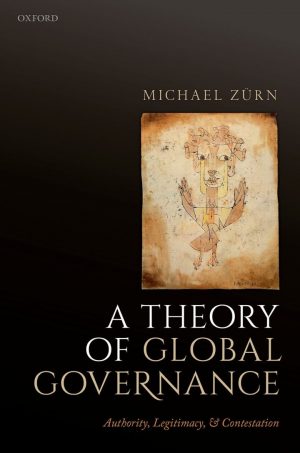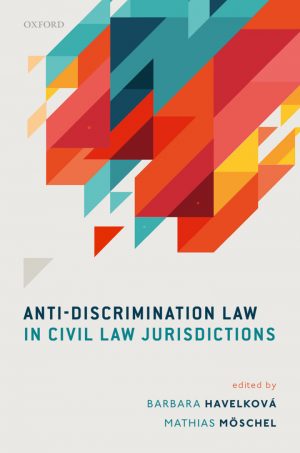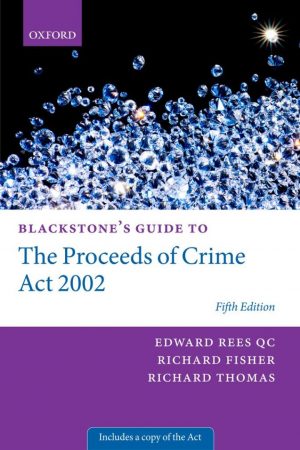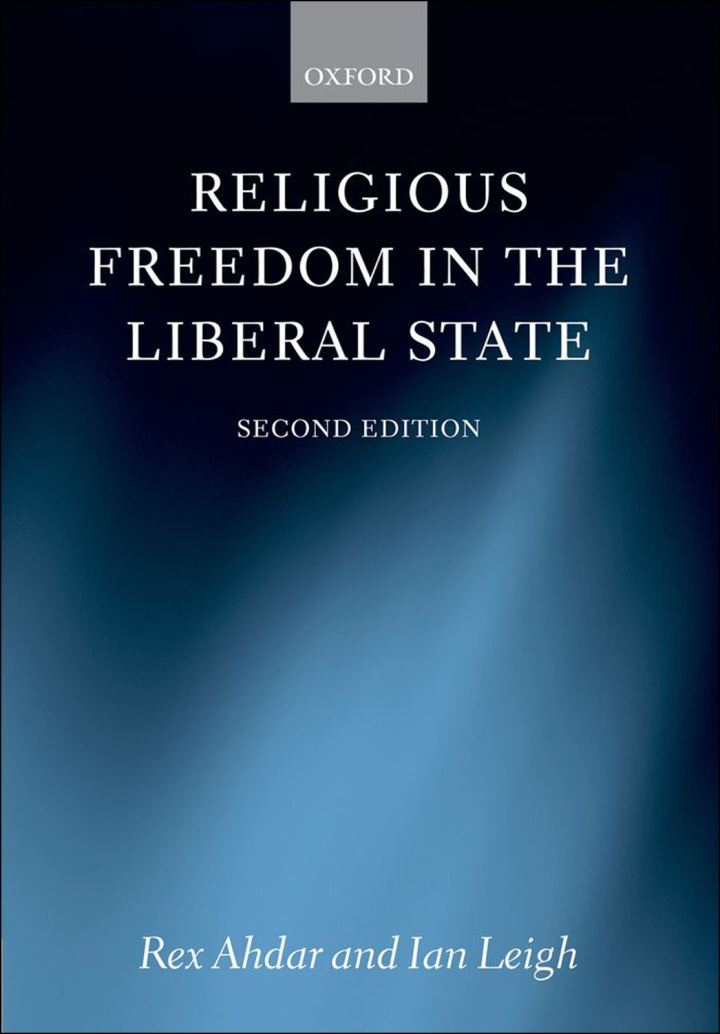Religious Freedom in the Liberal State 2nd Edition
$17.88
Attention: This is just ebook, Access Codes or any other Supplements excluded! / File Delivery: Sent Via Email within 24 hours!
SKU: ffdeecb57ebf
Category: Law Textbooks
Description
-
Author(s)Rex Ahdar; Ian Leigh
-
PublisherOUP Oxford
-
FormatPDF
-
Print ISBN
9780198738114, 0198738110 -
eText ISBN
9780198738114, 0198738110 -
Edition2nd
-
Copyright
- Details
Examining the law and public policy relating to religious liberty in Western liberal democracies, this book contains a detailed analysis of the history, rationale, scope, and limits of religious freedom from (but not restricted to) an evangelical Christian perspective. Focussing on United Kingdom, the United States, Canada, New Zealand, Australia, and EU, it studies the interaction between law and religion at several different levels, looking at the key debates that have arisen. Divided into three parts, the book begins by contrasting the liberal and Christian rationales for and understandings of religious freedom. It then explores central thematic issues: the types of constitutional frameworks within which any right to religious exercise must operate; the varieties of paradigmatic relationships between organized religion and the state; the meaning of ‘religion’; the limitations upon individual and institutional religious behaviour; and the domestic and international legal mechanisms that have evolved to address religious conduct. The final part explores key subject areas where current religious freedom controversies have arisen: employment; education; parental rights and childrearing; controls on pro-religious and anti-religious expression; medical treatment; and religious group (church) autonomy. This new edition is fully updated with the growing case law in the area, and features increased coverage of Islam and the flashpoint debates surrounding the accommodation of Muslim beliefs and practices in Anglophone nations.
Related products
-

A Theory of Global Governance Authority, Legitimacy, and Contestation
Rated 0 out of 5$12.35 Add to cart -

Civil Wrongs and Justice in Private Law 1st Edition
Rated 0 out of 5$43.88 Add to cart -

Anti-Discrimination Law in Civil Law Jurisdictions 1st Edition
Rated 0 out of 5$43.88 Add to cart -

Blackstone’s Guide to the Proceeds of Crime Act 2002 5th Edition
Rated 0 out of 5$34.12 Add to cart

